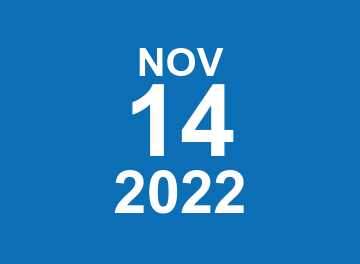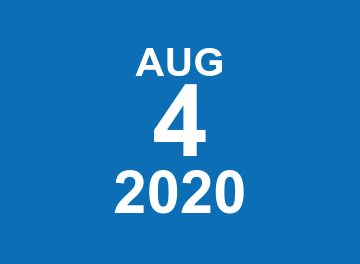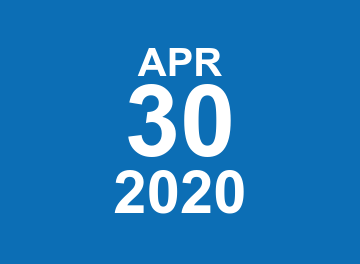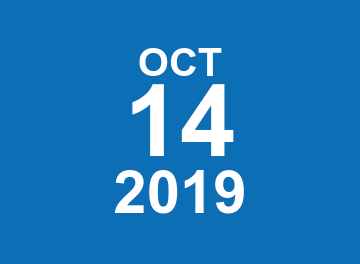Newsroom
Stay up to date with the latest information on Accu-Chek products and diabetes care innovation.
In recognition of World Diabetes Day, Roche and Mark Cuban Cost Plus Drug Company announce a new partnership to provide affordable access to supplies needed for testing blood ...
On-demand, voice-activated support for people with diabetes Answers questions and provides tips on diet, exercise, motivation and more Available now at no cost on Amazon Alexa...
Free access to mySugr Pro to support both people with diabetes and healthcare professionals to improve remote diabetes management There is a growing role for telemedicine in d...
Second Annual Concert Will Feature Performances from Jason Aldean, Kelsea Ballerini and the evening’s host Scotty McCreery Event Will Broadcast Nationwide On Veteran’s Day Fro...
Two in three (67%) benefits decision-makers believe diabetes in the workplace is a significant financial burden1 Three in five (59%) say providing support for their employees ...
INDIANAPOLIS (Aug. 20, 2019) — Roche Diagnostics USA has received a Military Friendly® Employer Gold Award by VIQTORY. Since 2003, the Military Friendly® Employers list has co...
Chronic kidney disease is one of the most severe secondary complications related to diabetes[1] Study demonstrates new predictive model based on real-world data to offer enhan...
Roche today marks their continued commitment toward the 1 out of every 10 Americansi living with diabetes through their role as Presenting Partner at the iHeartCountry One Nig...
National Initiative Spreads the Word on How to Save a Buck on Diabetes Test Strips While Encouraging People to Donate a Buck to Help Others Living with Diabetes Indianapolis, ...
National non-profit NeedyMeds initiative provides localized disposal guidance and other useful information no matter where people live, work or visit. Indianapolis, March 21, ...
Sustainability is an integral part of Roche’s business strategy The company’s goal is to reduce water consumption by 10% per employee by 2020 For the first time, Roche (SIX: ...
Effective October 24, 2016, Brad Moore joins Roche Diabetes Care, Inc. as new Head of Diabetes Care for North America, based in Indianapolis. Brad joins Roche from Johnson &am...
Accu-Chek Connect Integration is Part of Roche Diabetes Care’s Unwavering Commitment to Respond to the Needs of the Diabetes Community Roche Diabetes Care today announced the ...












